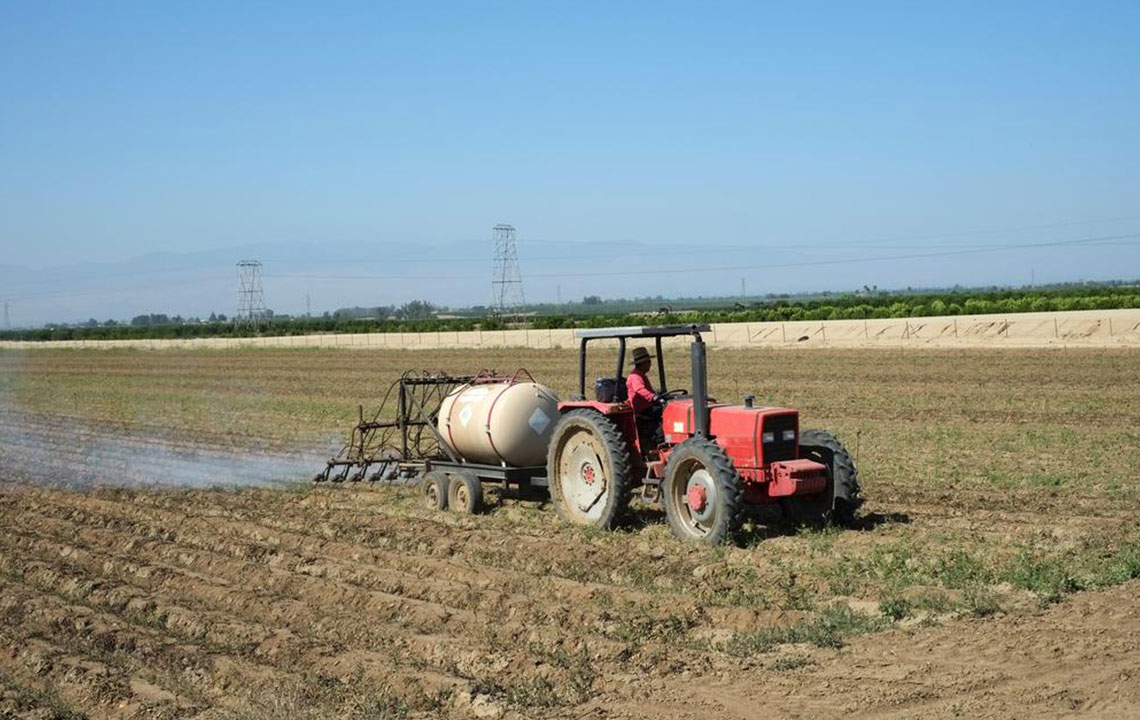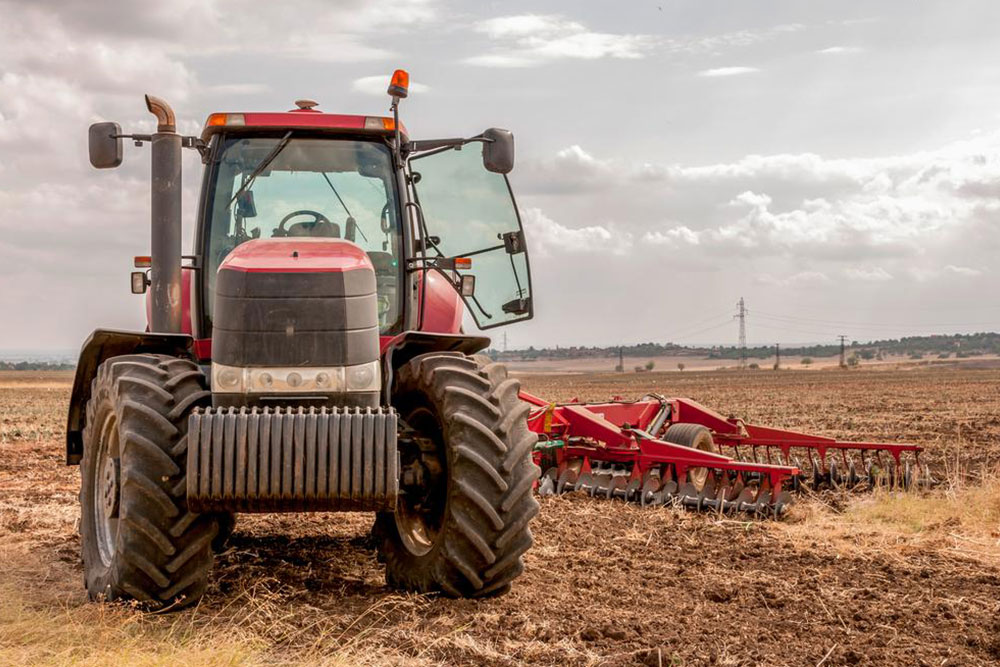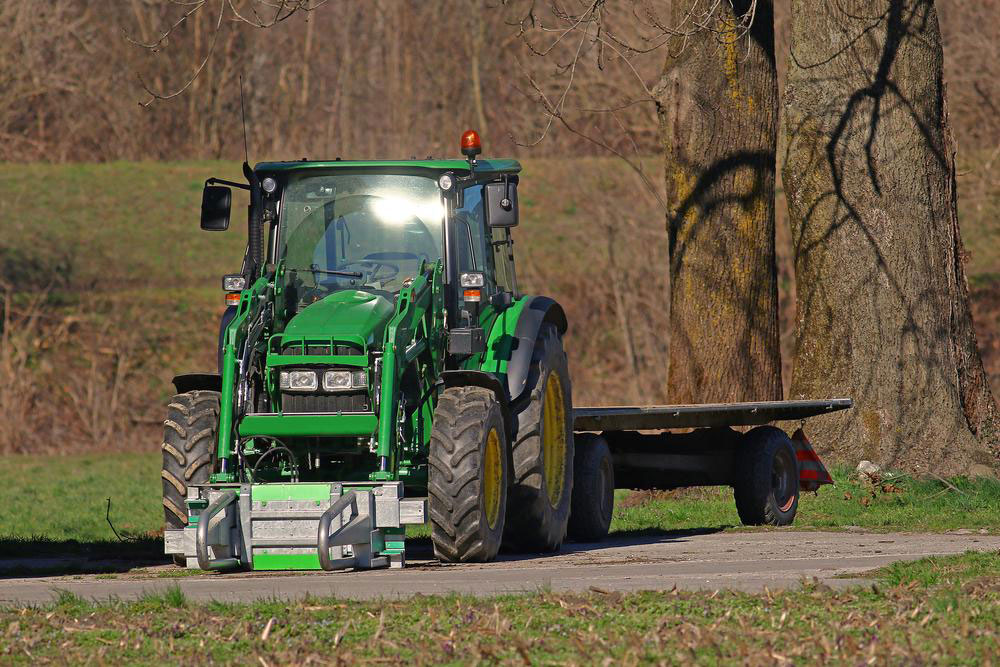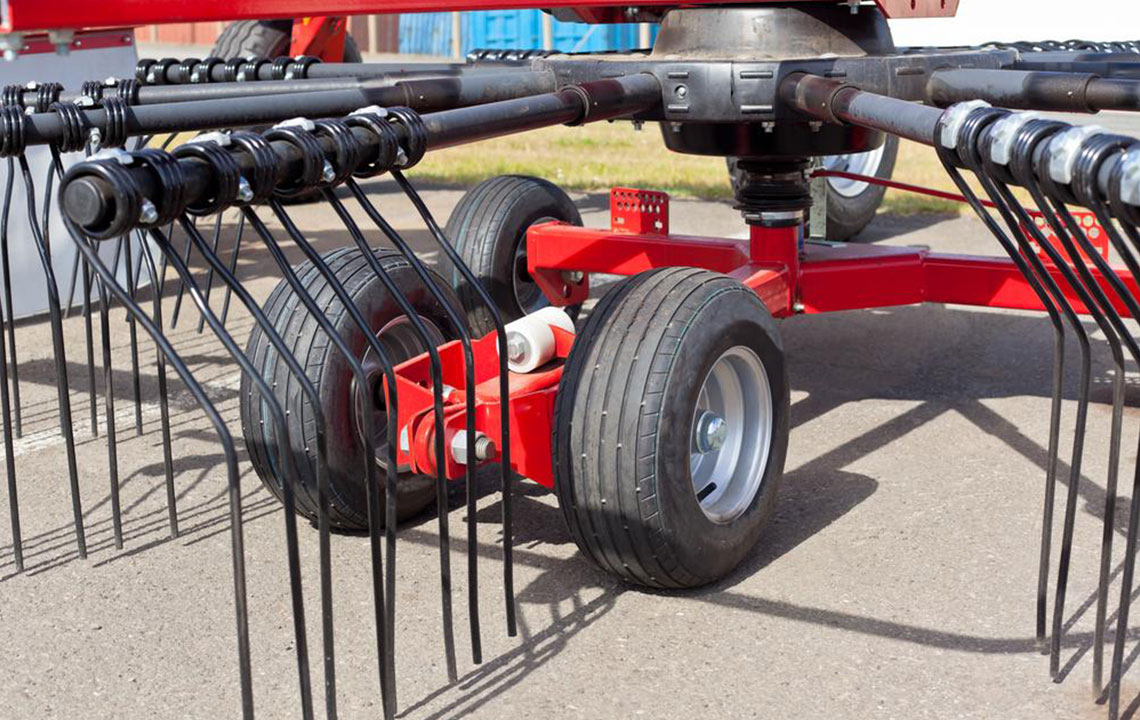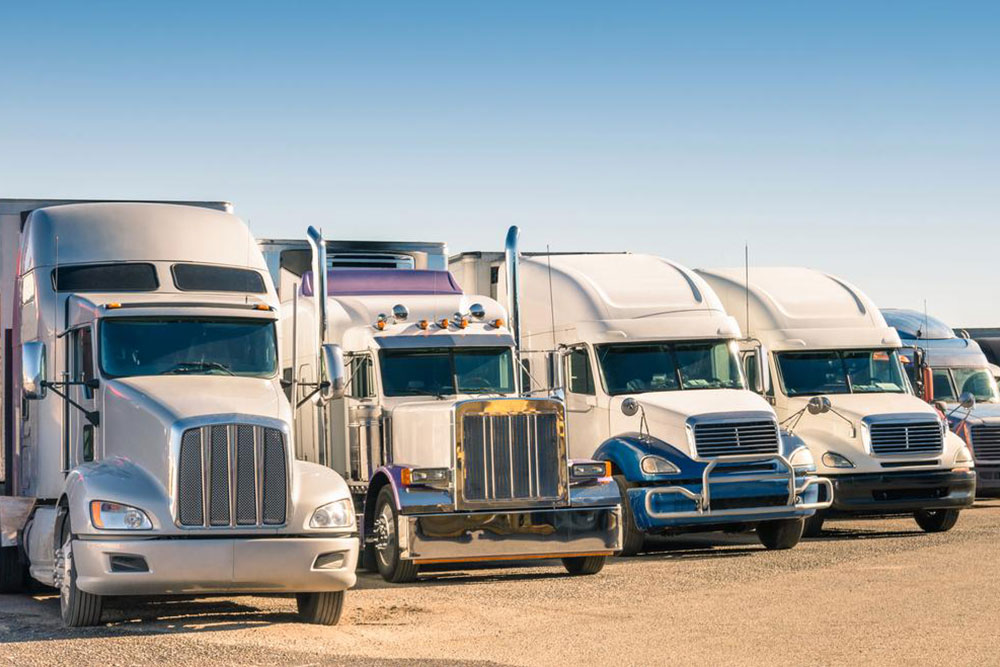Essential Tips for Purchasing Used Tractors
Learn comprehensive tips for buying used tractors, including valuation methods, key factors affecting prices, and maintenance practices to preserve and enhance their value. Ideal for farmers and agricultural businesses, this guide helps make informed purchasing decisions and maximize returns.
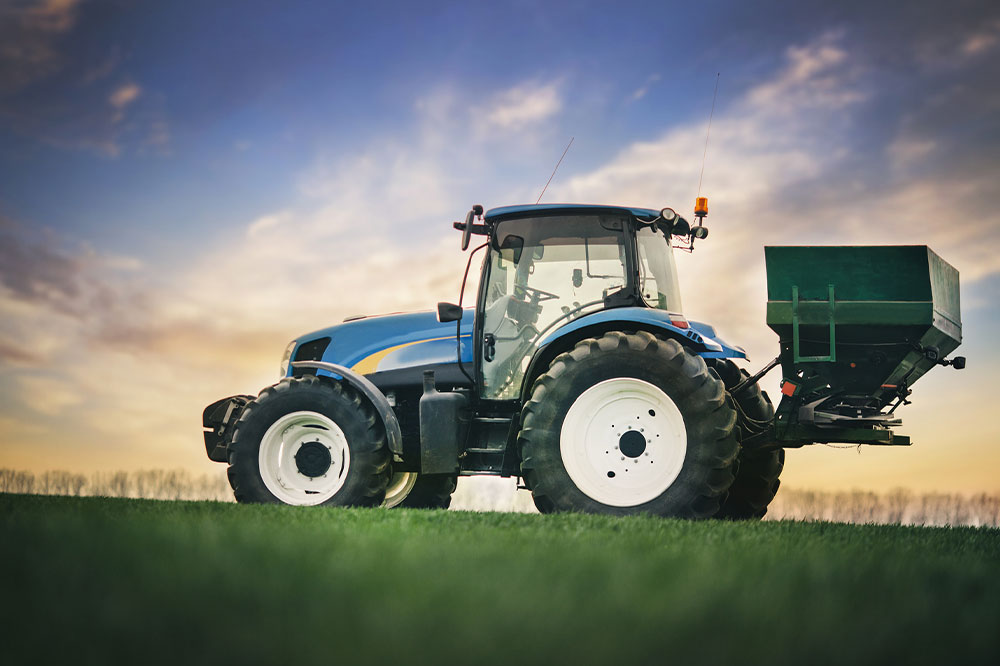
Essential Tips for Purchasing Used Tractors
Used tractors play a crucial role in agricultural operations. Opting for a pre-owned machine offers benefits like cost savings and greater availability. However, buyers should be aware of key factors that influence the value of a used tractor to ensure a smart investment. Knowing these aspects helps determine whether a used tractor is a good deal or if a new tractor might be more suitable for the task.
Determining the Value of a Used Tractor
Understanding the true worth of a second-hand tractor is vital to avoid overpaying or underselling. This guide offers practical methods to assess the tractor's market value effectively.
Learn how to accurately evaluate a used tractor’s value with these strategies:
Self-Assessment
You can estimate your tractor's worth using online valuation tools by inputting details like model, manufacturing year, original purchase price, and current condition. These tools are typically free and provide quick estimates, helping you avoid overpaying.
Consult a Professional Appraiser
For a more precise valuation, consider hiring an industry expert. An appraiser will thoroughly inspect the tractor, review technical specs, usage history, and current market trends to give an unbiased estimate. This provides reliable guidance especially in fluctuating markets.
Several factors influence a tractor's market value. While there’s no fixed formula, understanding these elements can help gauge suitability:
Age
Newer models generally command higher prices. A tractor that’s only a couple of years old retains more value than older units, even if they are the same model but bought several years apart.
Mileage
The total hours of operation directly impact depreciation. Less usage typically means a higher resale value.
Condition
Well-maintained tractors with strong performance fetch better prices. Visible wear, repainting, or engine issues decrease value.
Enhancing your used tractor’s worth is achievable through proper care. Here are effective tips:
Regular Maintenance
Consistent servicing and inspections ensure optimal performance and slow depreciation. Address issues early to keep the tractor in top shape, especially during periods of inactivity which can lead to rust and weather damage.
Necessary Upgrades
Replacing worn parts, repainting, or upgrading components like wheels or seats can boost appeal. Improvements such as engine repairs or ergonomic enhancements also help maintain value and extend usability.
Care for Vintage Models
Classic tractors require special attention. Use authentic spare parts and consult professionals for restorations. Proper maintenance of vintage models can significantly increase their market value, providing a lucrative return on investment.
Owning a new tractor may be ideal but isn’t always feasible financially. Buying used can be a practical solution, especially with manufacturer support. Knowledge of your tractor’s value is essential whether buying or selling. Proper evaluation ensures informed decisions and a wise investment in agricultural machinery.

